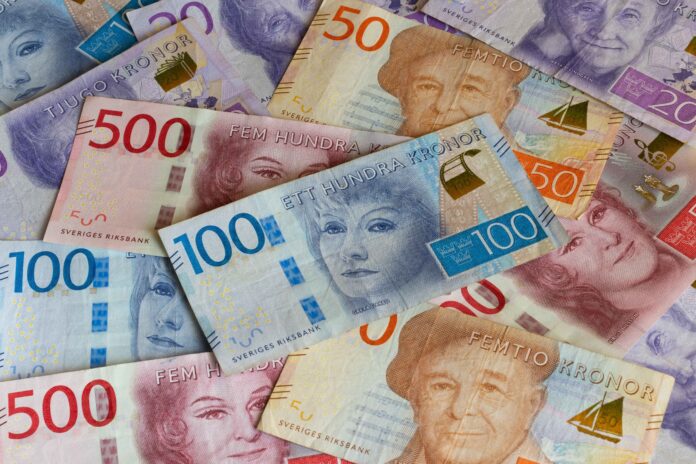The vendor massively overpaid to get into what it saw as a growth sector in enterprise
Ahead of Ericsson’s Q3 earnings report on 17 October, the company announced it will absorb a $2.94 billion non-cash charge in the third quarter to reflect Vonage’s falling value. Ericsson surprised much of the market by paying €6.2 billion for the cloud-based communications platform-as-a-service (CPaaS) firm in November 2021. Ericsson’s shares dropped 5% on the news.
CPaaS yet to mature
Ericsson made serious misjudgement with both the proposition and the value of the market sector. For example, rival Sinch has lost 80% of its value since Ericsson completed the deal with Vonage. Gartner Research published insights into why the CPaaS sector is struggling in May. In short, the CPaaS market grew on the back of offerings like SMS and voice calls, but these first-generation services are commoditised and income from them is falling.
Gartner says that although CPaaS vendors have developed |”substantial capabilities in areas such as advanced security, messaging, conversations, artificial intelligence (AI) and video”, end-users’ adoption has been limited.
Commenting on research released this week by Synergy Research Group, Fazil Balkaya, its Principal Analyst, said, “We are at a pivotal point of the CPaaS market where usage and API based interactions can prove further value during the current macroeconomic conditions. The CPaaS market maintains a strong double-digit growth and the market is poised to exceed $10 billion run rate in 2025.”
Note that that Synergy exlcudes platforms to send bulk SMS or email, as well as passover fees charged by carriers to deliver telco services, from this research. In other words, the entire market Ericsson was gunning for when it acquired Vonage is only expected to be worth €9.45 billion in 2025.
Ericsson is insisting it still has confidence in its acquisition of Vonage an engine of future growth.
Certainly, it scored its first hit last month when it was selected by Deutsch Telekom to act as the developer portal for the operator’s new, commercial, network API service in Germany.
Fundamental questions
The statement from Ericsson said, “The impairment charge represents 50% of the total amount of goodwill and other intangible assets attributed to Vonage,” adding, “The impairment is a consequence of the significant drop in the market capitalisation of Vonage’s publicly traded peers, increased interest rates and overall slowdown in Vonage’s core markets.”
Through Vonage, Ericsson was looking to buy growth in the enterprise market. This strategy has failed and other harsh business realities have been underlined by the Q3 preliminary figures, which are in line with what the company predicted at its last quarter’s earnings. Then it reported a 62% fall in profits, blaming the decline principally on a 42% drop in comparable sales year-on-year in North America, its biggest market.
Ericsson’s latest figures suggest that year-on-year sales in North America have fallen by 60%. At the end of Q2, Ericsson’s CEO, Börje Ekholm, said he expected “a gradual recovery” in the market towards late 2023 and an improvement in 2024.
India is a rare bright spot as the two biggest operators are rapidly building out 5G networks.
Overall, though, the preliminary figures reveal a 5% year-on-year decline in total revenues in Q3 to SEK64.5 billion (€5.575 billion) and a 39% drop in operating profit before interest, taxes and amortisation charges to SEK4.7 billion (€406 million).
So not only is Ericsson in a very tough spot in a hard market, the Vonage fiasco has also brought into question the market nous and judgement of its top executives.


